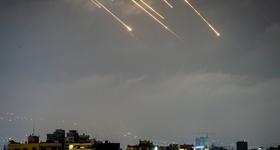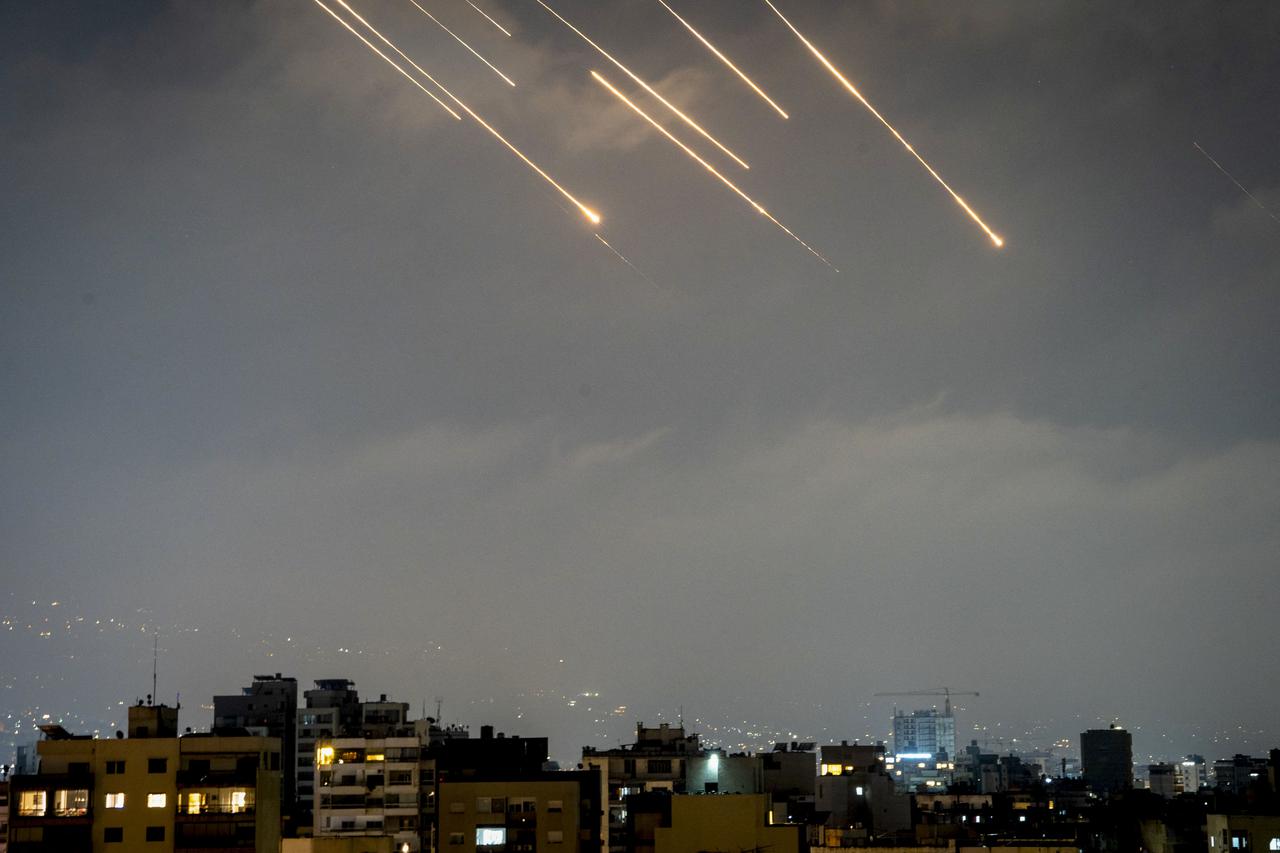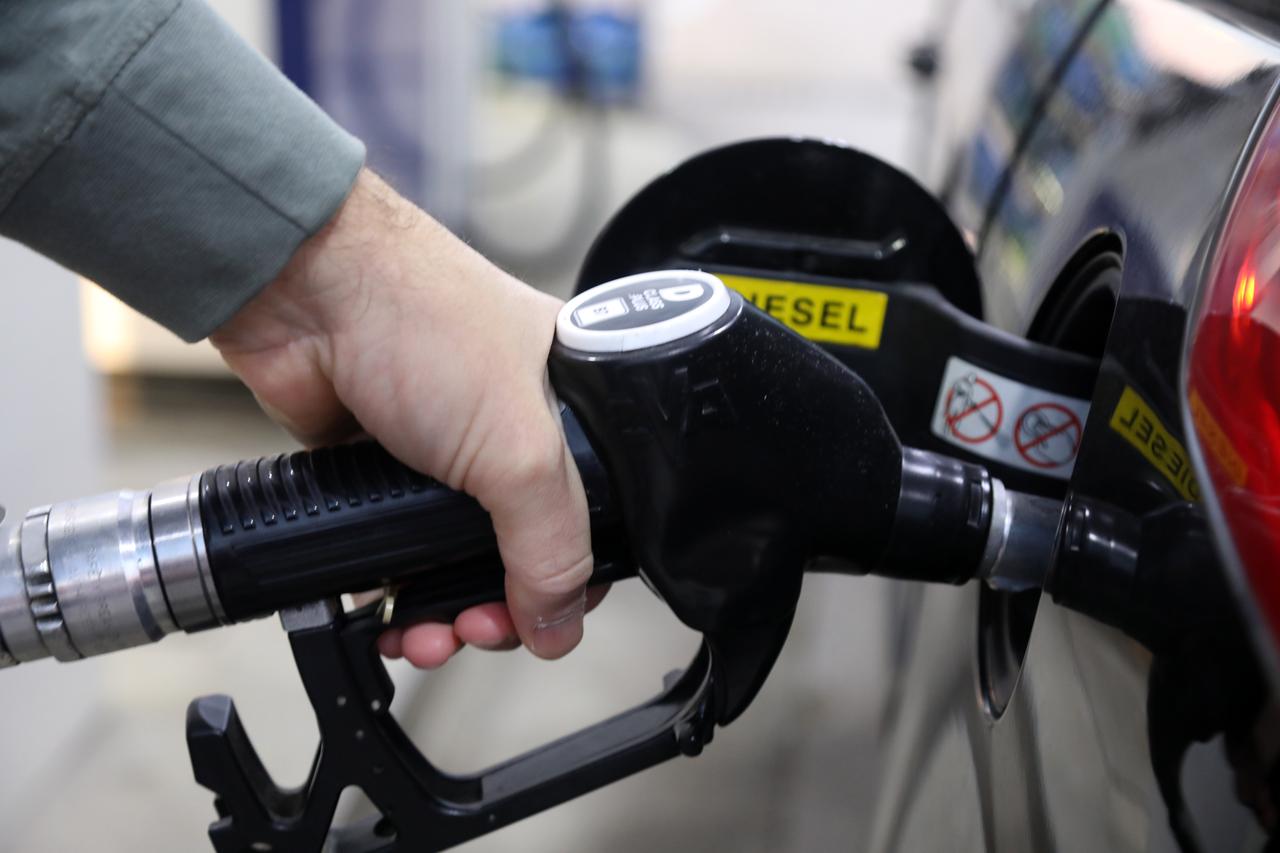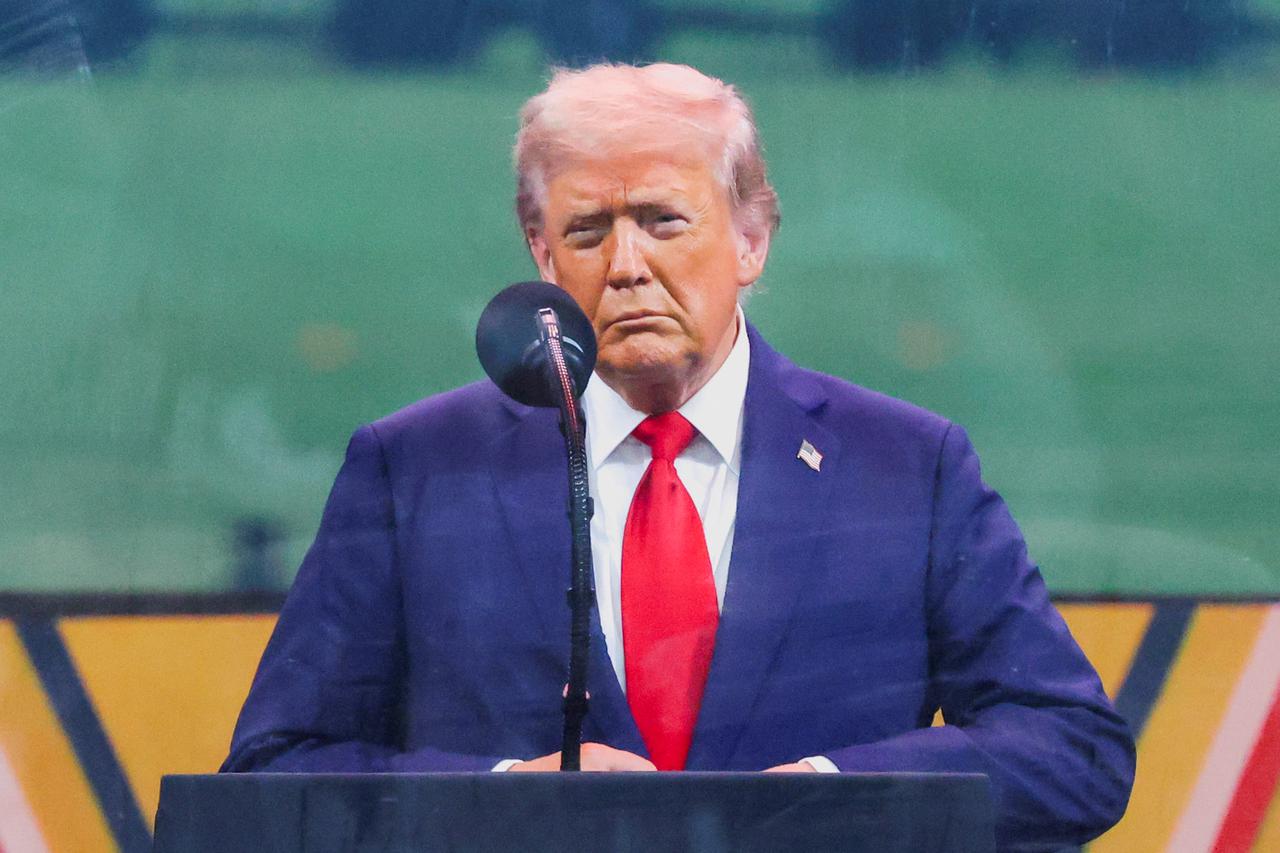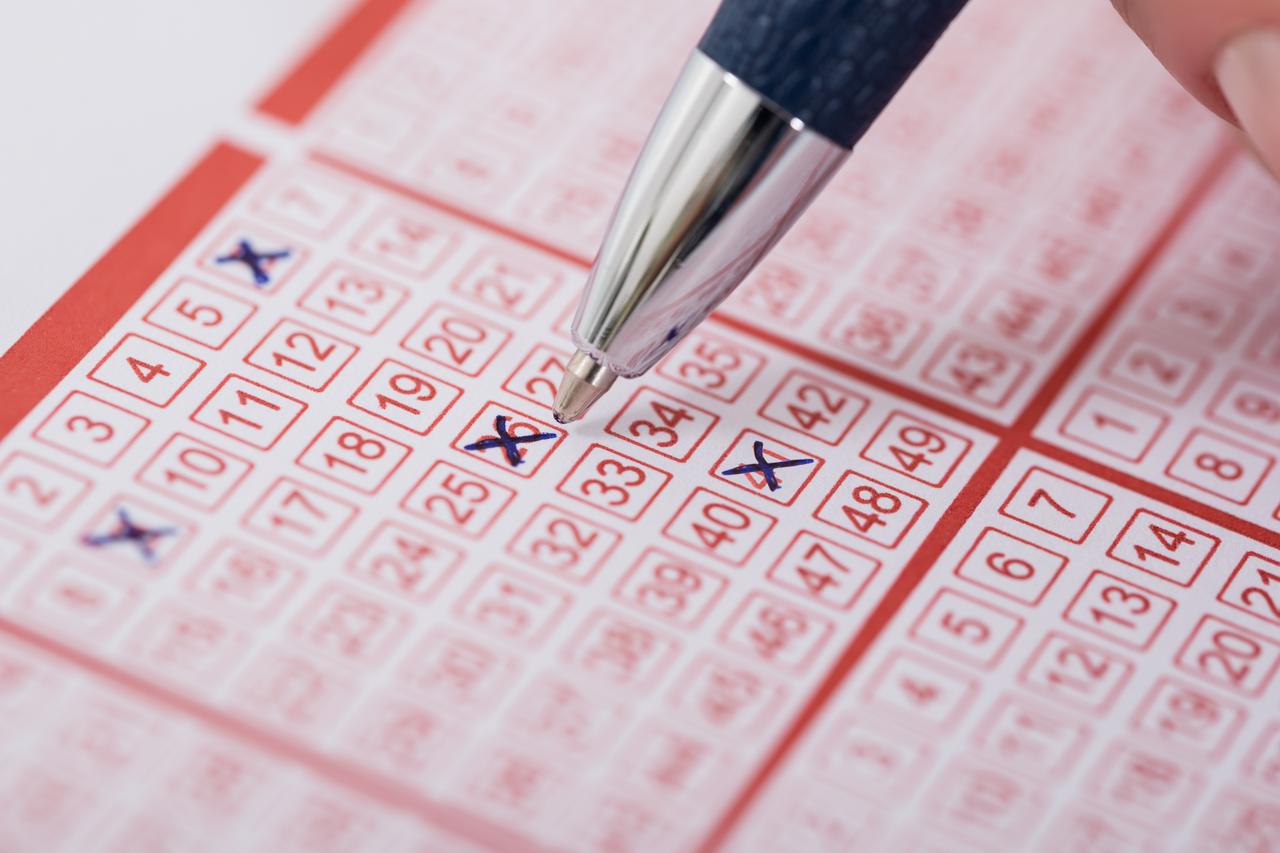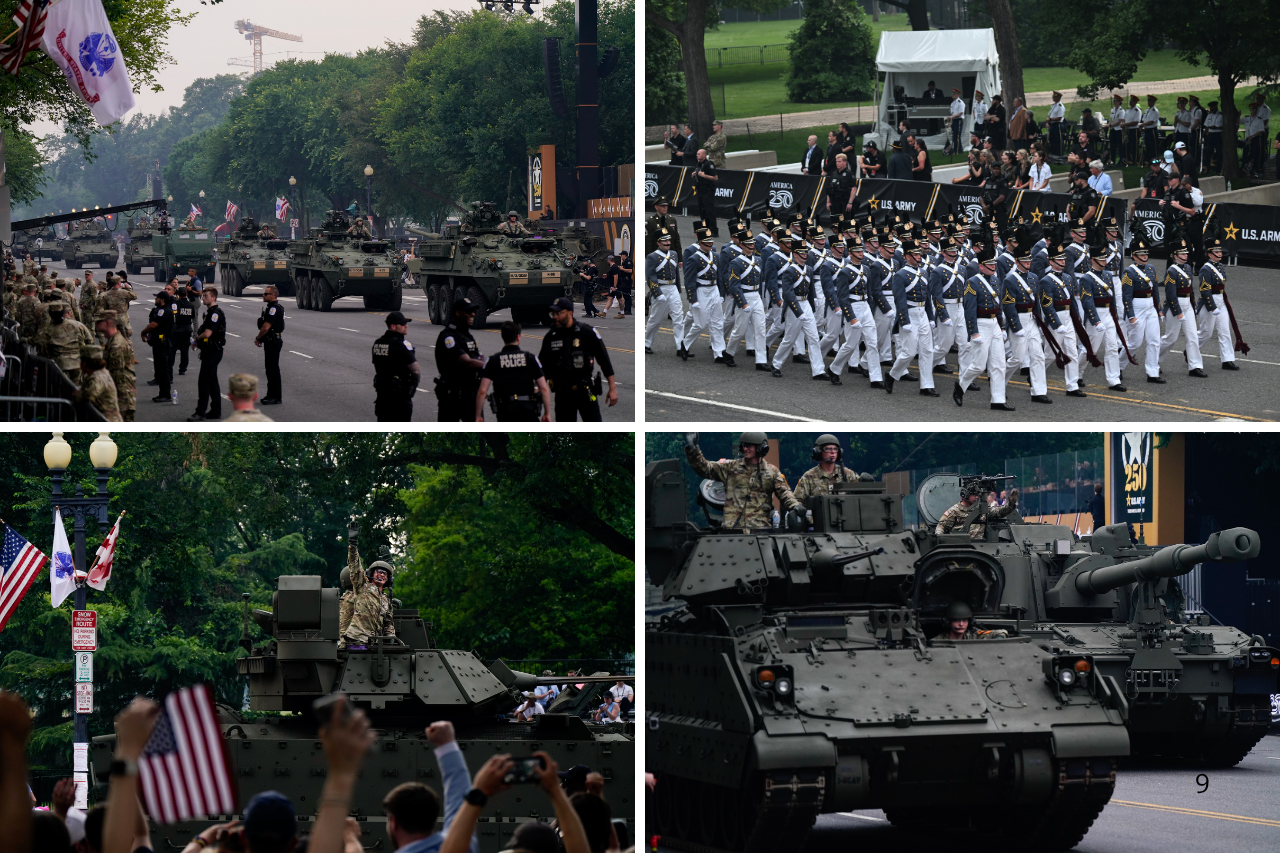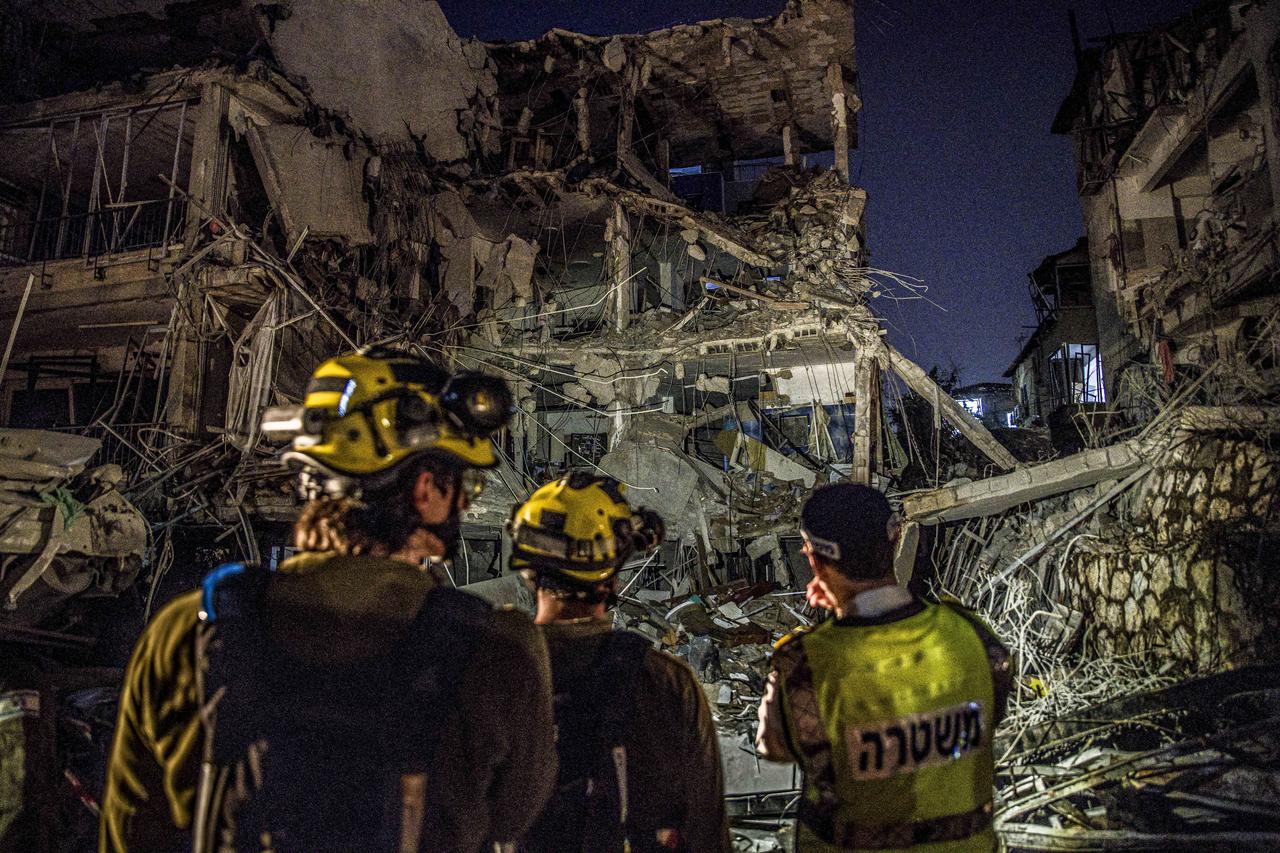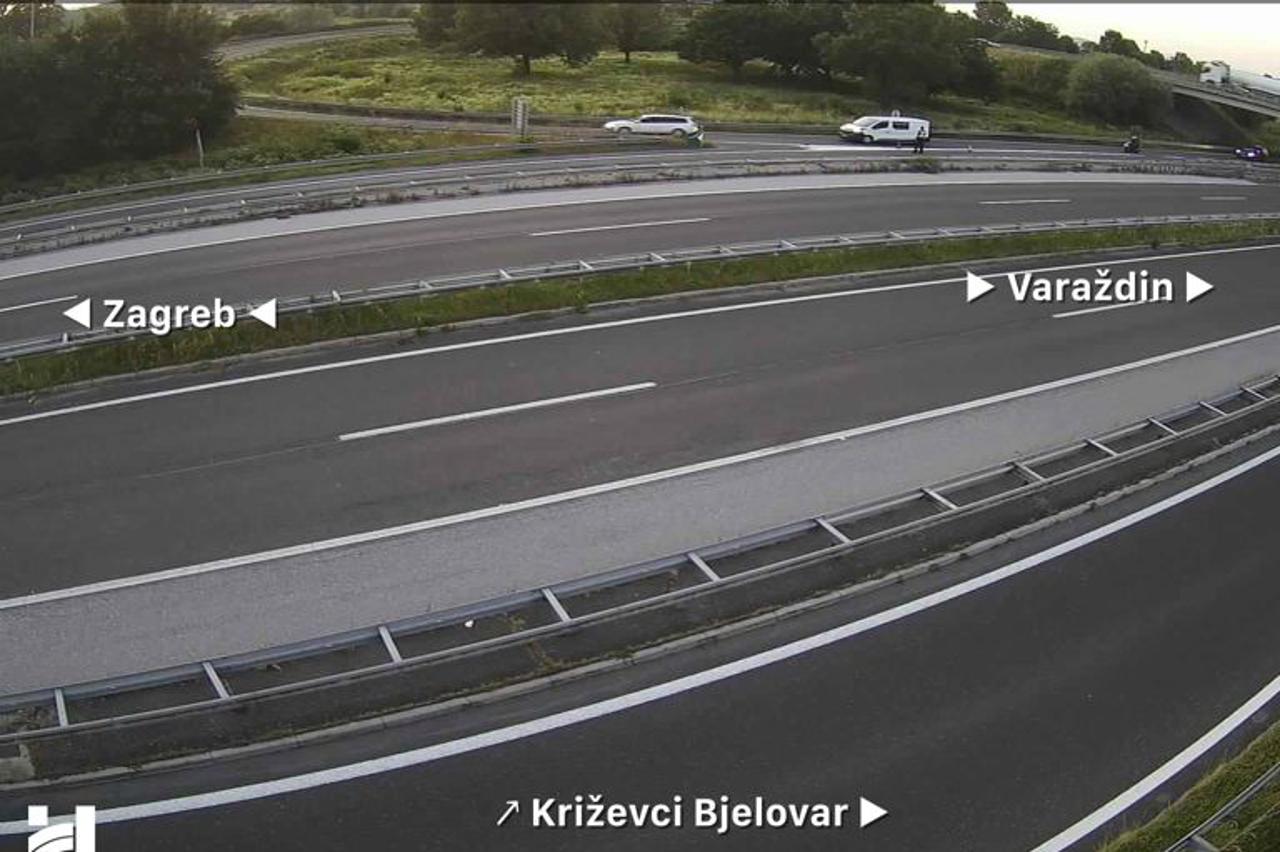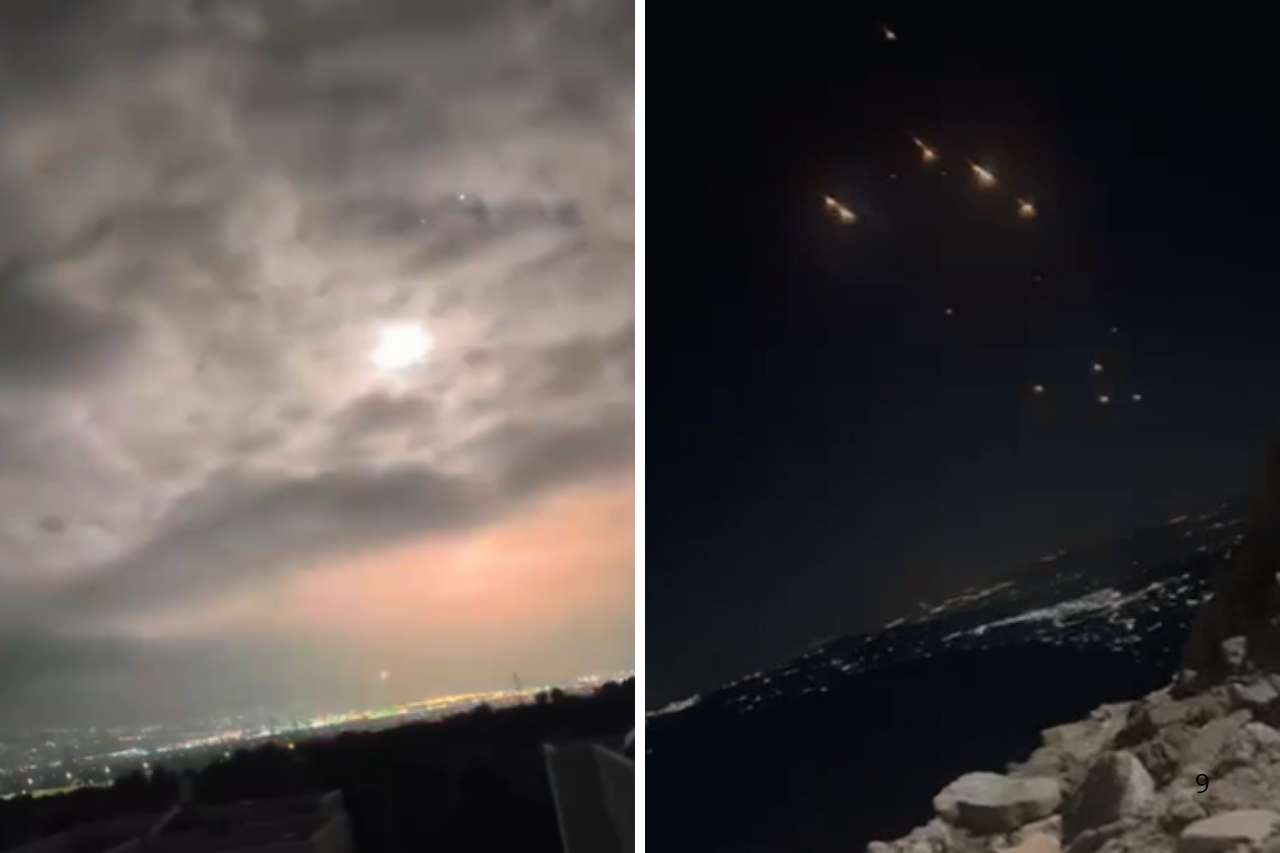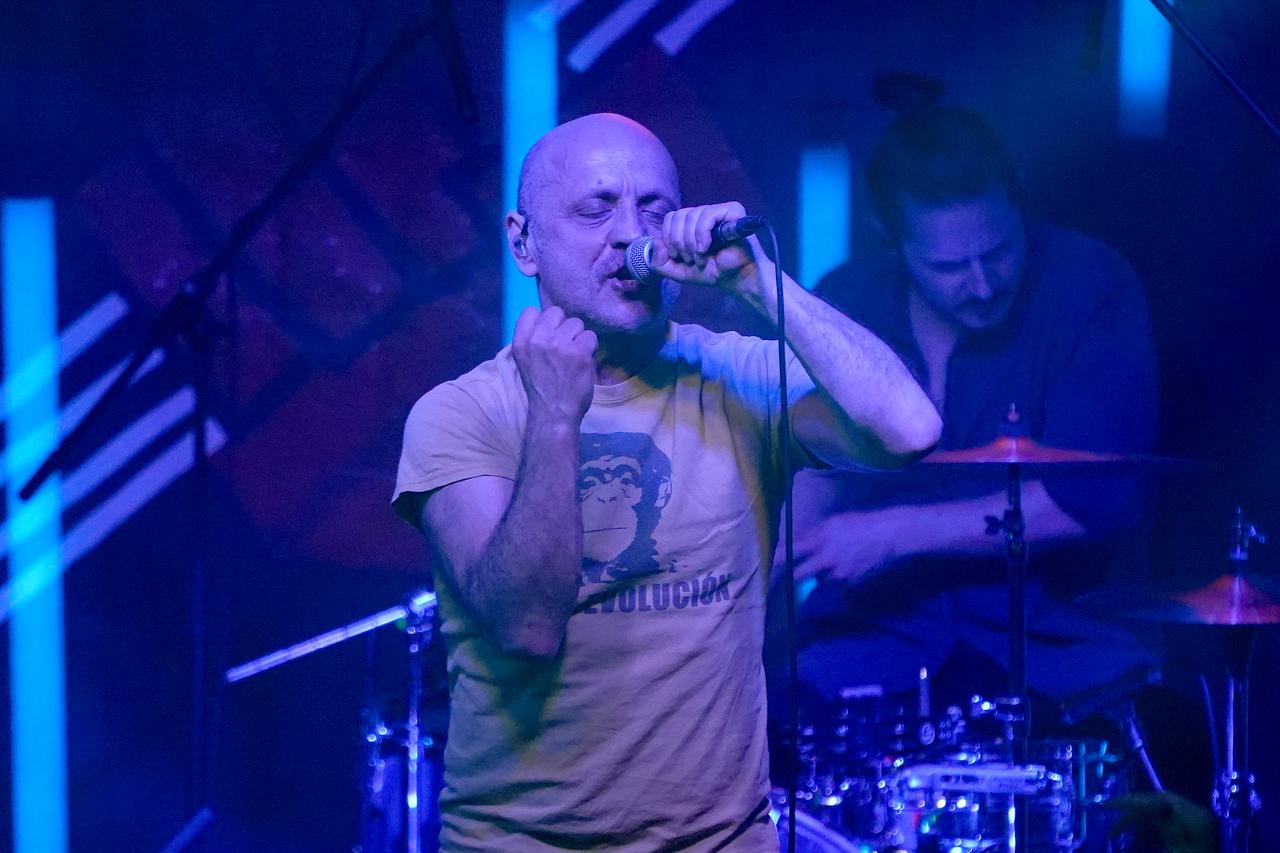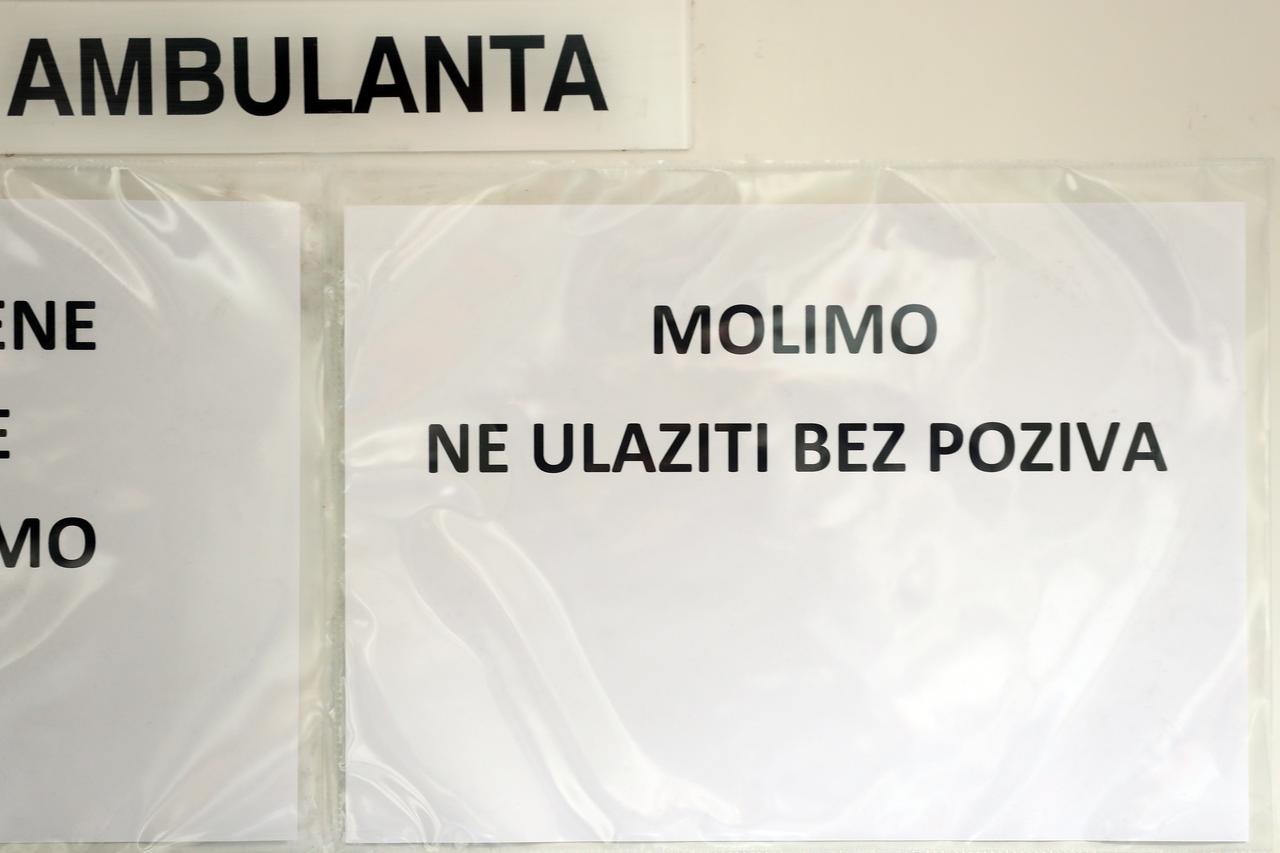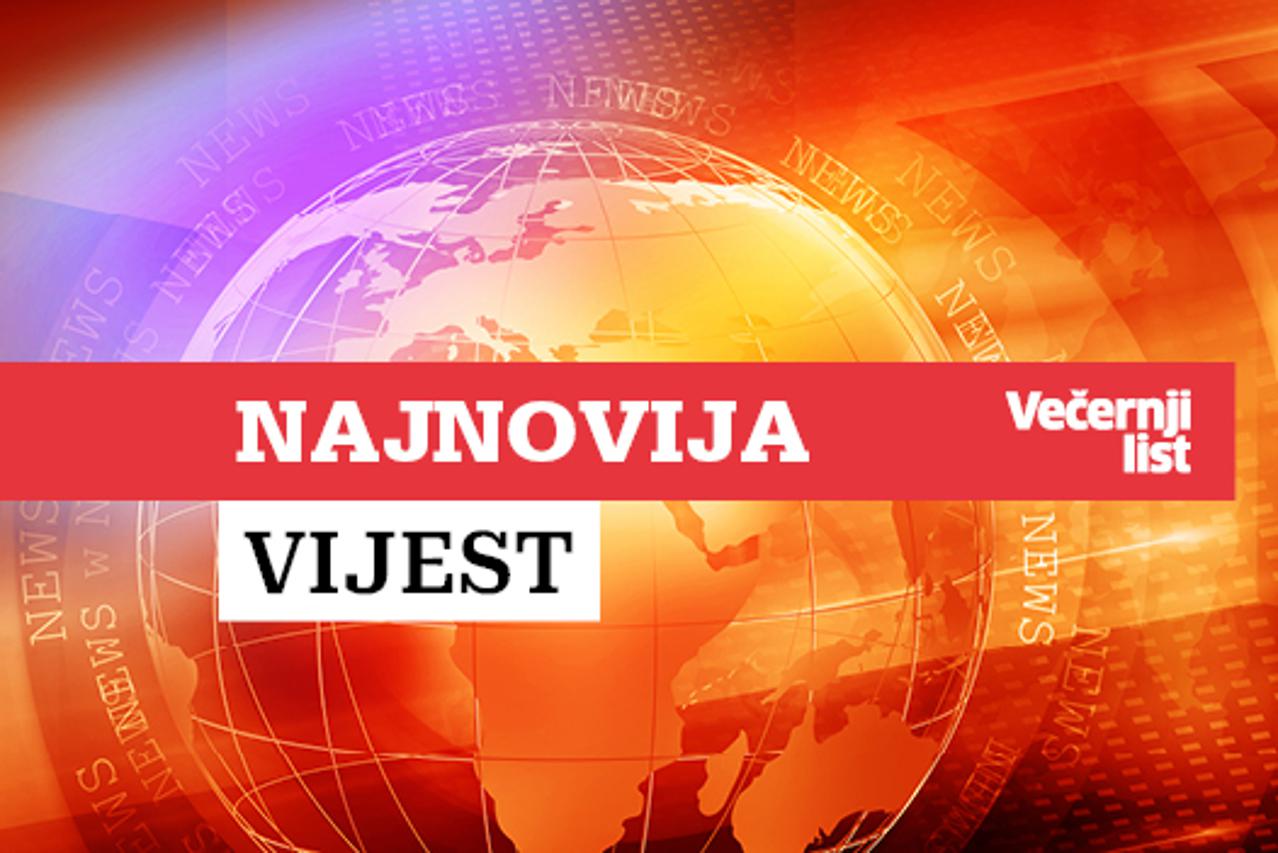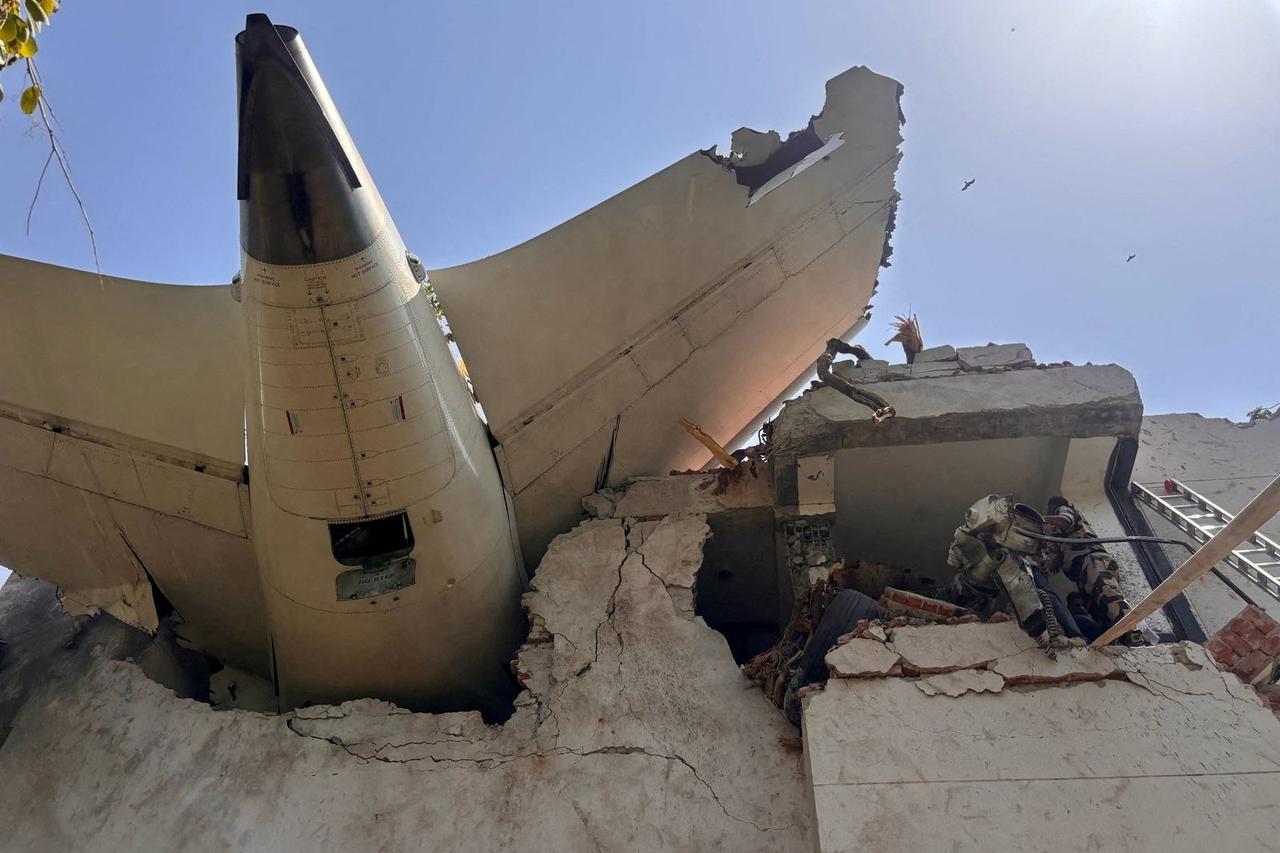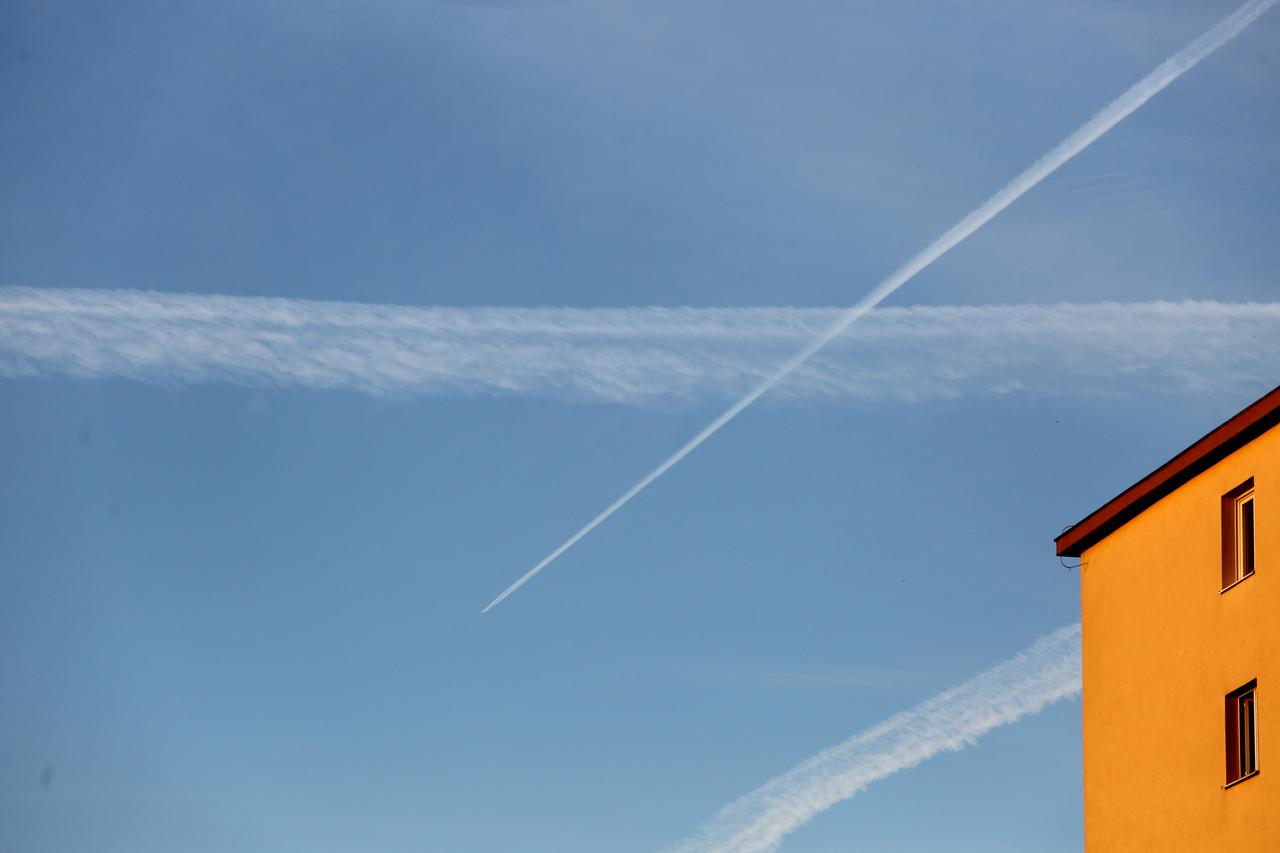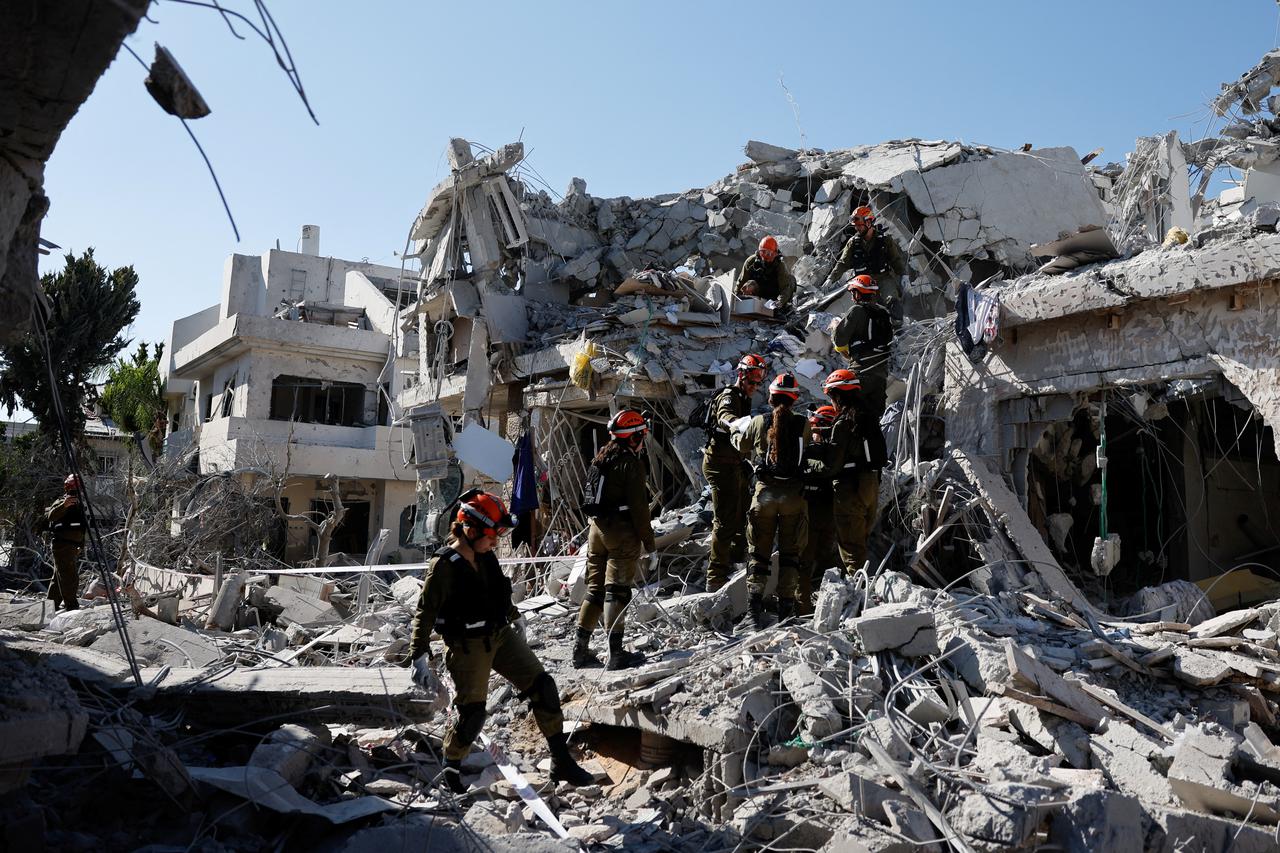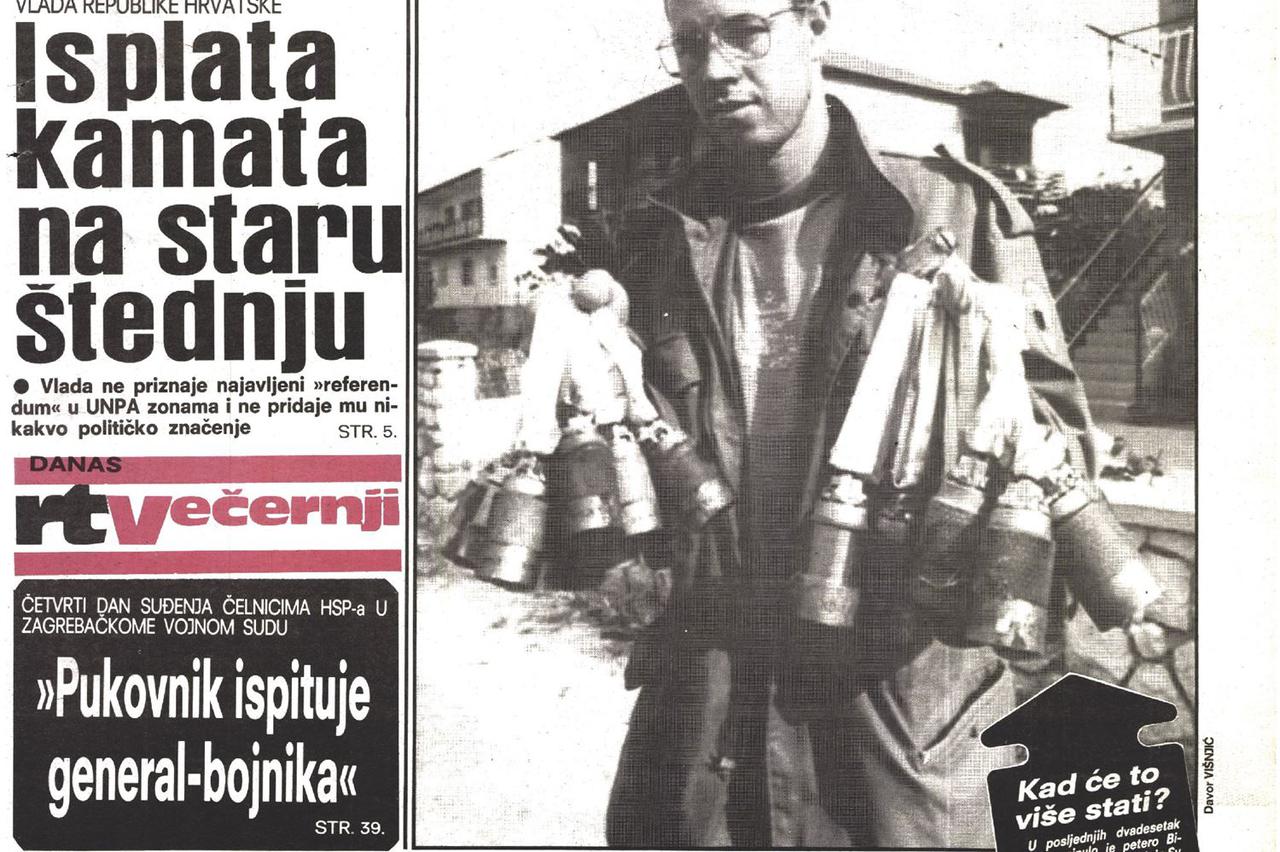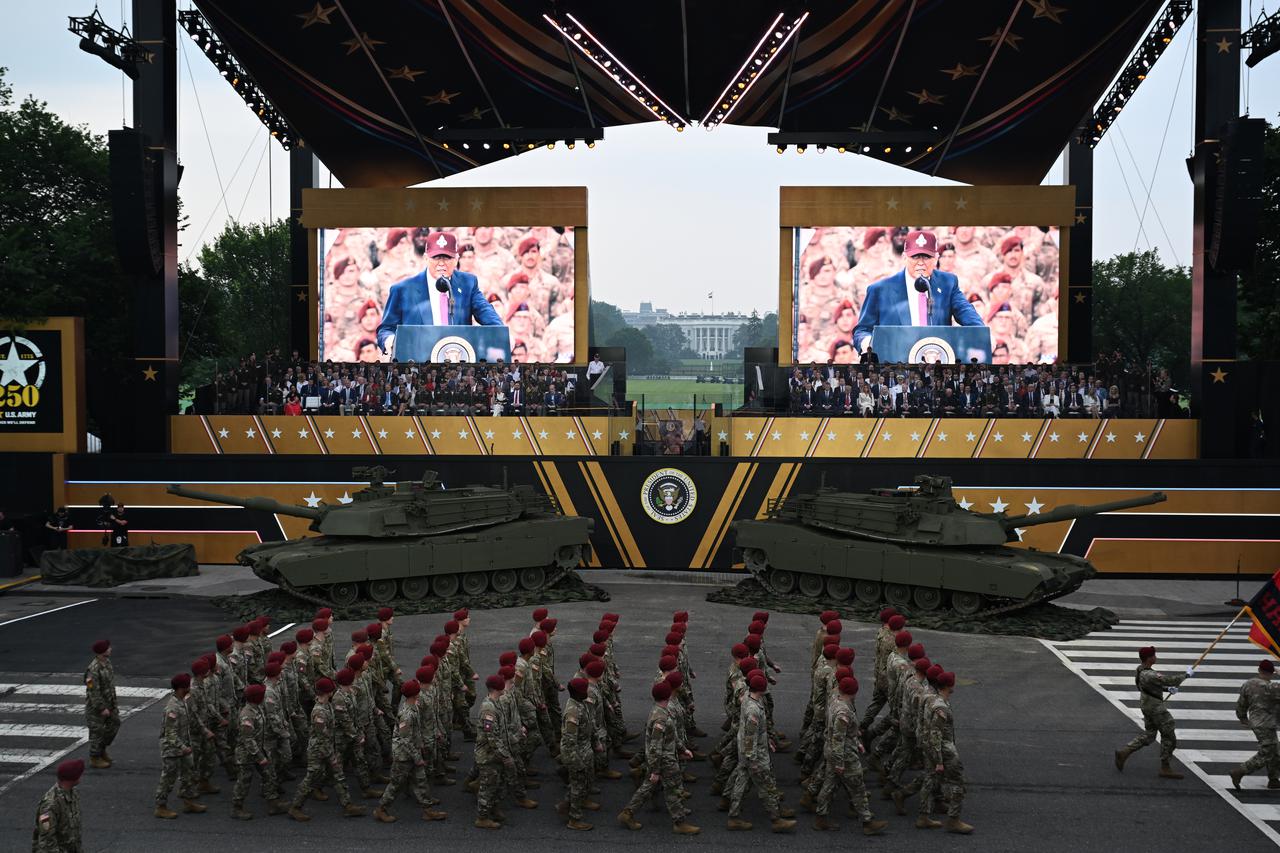Israeli attacks on Iranian nuclear facilities have triggered a serious escalation of the conflict between Israel and Iran. Iran has threatened a strike on the Israeli nuclear reactor Dimona in response to Israeli attacks. Israeli authorities claim the targets were destroyed to prevent Iran from developing nuclear weapons, while Iran insists its nuclear program is purely peaceful. Satellite images show significant damage to Iranian nuclear sites, raising international concern. An Israeli military spokesperson warned civilians near Iranian nuclear sites to evacuate due to safety risks. This situation further complicates the already tense situation in the Middle East and prompts reactions from the international community.
Political Perspectives:
Left: Left-leaning sources tend to emphasize the dangers of military escalation and the humanitarian risks posed to civilians in the region. They often highlight the need for diplomatic solutions and criticize both Israel and Iran for actions that increase tensions. The narrative may also focus on the broader geopolitical implications and the role of international law, questioning the justification of military strikes.
Center: Centrist sources report the facts of the conflict with a focus on the sequence of events and official statements from both sides. They present the Israeli claims of preventing nuclear weapon development alongside Iran’s insistence on peaceful nuclear activities. The coverage tends to be balanced, noting the military actions and the international community’s calls for restraint and dialogue.
Right: Right-leaning sources emphasize Israel’s right to defend itself against perceived threats from Iran’s nuclear program. They often portray Iran as the aggressor and highlight the necessity of military action to prevent Iran from acquiring nuclear weapons. The narrative supports strong defense measures and may criticize international bodies for not adequately addressing Iran’s activities.






